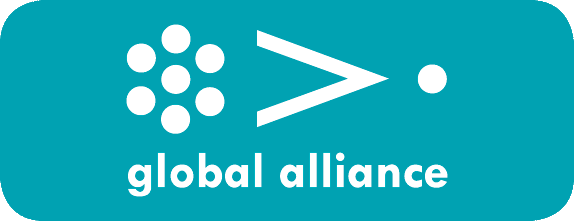#EthicsMatter - Ethical practice of PR in the 21st Century
The discussion on ethics in public relations has never been more relevant than this time in history. PR professionals are now judged by their ethical conduct. Whether all of them subscribe to this is another discussion altogether.
The choice between right and wrong is always assumed to be clear. Ethics in PR includes values such as honesty, integrity, fair-mindedness and forthright communication. However, some professionals have been accused of spinning and spreading propaganda. Remember the famed Cambridge Analytica and Bell Pottinger scandals? This resulted in PR being associated with lying, corporate espionage and the unfortunate belief that PR is a smoke and mirror used to hide deception. Are these critiques justified?
PR Associations across the globe have a code of conduct that each professional is supposed to subscribe to and follow. It is the holy grail of PR practice. Some codes strive to offer guidance of a practical, professional nature toward agency practitioners as espoused in the Public Relations Society of America (PRSA) code, while others attempt to identify general moral principles of ethical behavior, such as the focus on dignity, and respect as seen in the Public Relations Society of Kenya (PRSK) and Institute of Public Relations Associations (IPRA).
Identity Crisis
Does ethical PR practice exist? With public relations professionals viewed as the custodians of content and how it is spread and used; as well as people who shape and control political debates and public opinions; more often than not we are accused of twisting reality and protecting the powerful from scrutiny. We are taught right from college and in theory, the implications of unethical behavior. But we have never really looked at the gaps in the environments that we practice in?
How often do we actually turn down jobs and certain roles because they go against what we subscribe to? When and how do we say no without burning bridges with clients, even prospective ones?
The Credibility Test
It is said that everyone in the organization; from the guards to the front desk and up to the CEO’s office must work toward consistently maintaining credibility. Yet we are still faced by ethical conundrums in our daily jobs, each complicated than the last one. Many have argued that the evolving face of communication has resulted in blurred ethical lines, which isn’t the case.
It is our duty as PR professionals to ensure the organization and its employees are not compromised.
PR Practice then and Now
The practice of Public Relations and Communication Management has evolved and advanced over the years. Globally, practitioners and PR organisations continue to define the practice, formalize its structure and seek to regulate the industry. Structure comes with order.
Despite the lack of mechanisms to enforce the code of conduct amongst professionals, Kenya has a vibrant PR industry and is a pace setter in matters PR in Africa.
Legal Provisions for enhancing standards and ethics
PRSK is now pursuing an Act of Parliament as an instrument to regulate and enhance professional standards of the PR practice in Kenya. With the proposed Institute of Public Relations and Communication Management (IPRAC) Bill already submitted to the National Assembly for adoption into an Act of Parliament, this will make PRSK the first PR professional body in the East and Southern African Region with an established regulatory system.
This Act will not only bring sanity in the practice but also weed out non-professionals who have since infiltrated the industry with non-ethical practices; a move that is long overdue. The bill is available in www.prsk.co.ke .
And a couple of other associations in Africa are pursuing similar actions, which is a fantastic move towards enhancing ethics and standards.
This Article submitted by Peter Mutie, Chair, Africa Regional Council, courtesy of the Public Relations Society of Kenya.
Any thoughts or opinions expressed are that of the author and not of Global Alliance.

